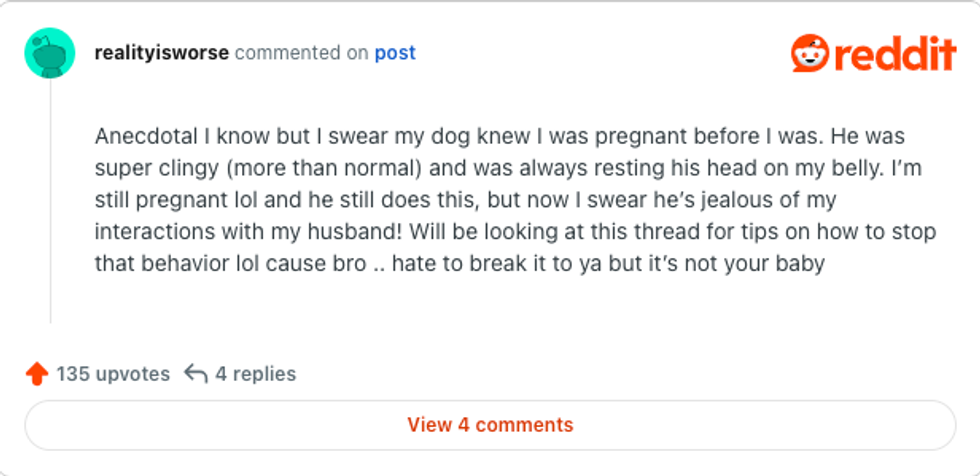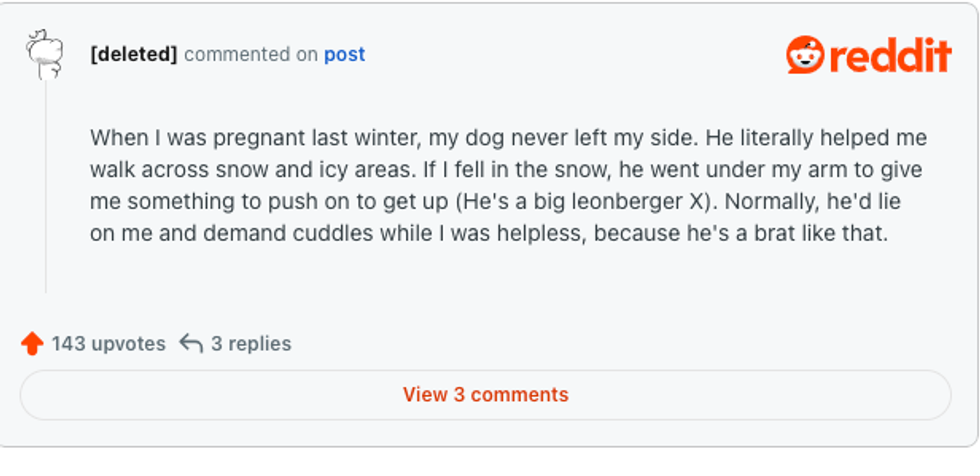Many employers wonder what helps retain employees at their companies. Sure, there are the obvious factors such as pay and benefits, but there are other reasons why employees choose to stay or to hunt for a new job. One would commonly think it would be their boss, but a study is showing that there is a factor that influences workers more than their supervisors: their colleagues.
An international study published in the Journal of General Management reveals that employees who have developed close relationships with those they have trained tend to follow their lead when it comes to choosing to stay at their job or look for a different one. If they see that folks they’ve trained with are looking for a different job, they’ll likely follow suit, even if they like their boss and are otherwise satisfied with their employer.
The study analyzed 656 graduate trainees across 32 groups of new hires at a global IT services company. The researchers tracked and observed them from their initial training through their first two years as employees. Each new hire received two months of technical training alongside other new hires before being assigned to various project teams and cities.
Researchers looked at the new hire relationships among their peers at the first six months and again at one year into employment, analyzing job-seeking behaviors at 18 months, and tracked who left the organization at the two-year mark. In the end, they found that 27% of the participants voluntarily quit.
The researchers found that when workers saw folks they've originally trained with start to look elsewhere for work, they would follow suit. It makes sense when you think about it. If the people you started with, worked alongside, ate with during lunch, and engaged with regularly at the workplace are job hunting, you might think it’d be a good idea, too. Depending on the relationship between coworkers, a person might also job hunt alongside them, either to find better opportunities or to explore the possibility of continuing to work with them at a different company. The opposite was true, too. If workers saw their peers happy and committed to the company, they also remained.
The researchers also found that the most effective way for employers to counteract any “turnover contagion” is geographic location. If the job is close to a worker’s family, in a city they enjoy, or is remote, the influence their coworkers have on whether they choose to stay at the job is significantly less. This might lead to more employers to have workers choose in what location they wish to work, should that be a viable business option.
@pwc_luxembourg Everything is a two-person job when your work bestie is around… ✨🫶 Teamwork makes the dreamwork! No headphones were harmed during the recording 🎧 #teamwork #workbestie #officelife #corporatehumor #coworkers
Your coworkers have more influence on whether or not you stay at your job than you might have previously thought. It’s not too big of a surprise though. A 2024 survey by professional services company KPMG revealed that four out of five employees considered work friendships crucial for their morale and mental health, with 84% of employers acknowledging the importance of work friendships for job retention and employee satisfaction. Work friends are an important factor, especially since you’d be spending at least 2,080 hours per year with them in a regular full-time job.
There’s another reason why work friends have a heavy influence on whether you stay or quit your job. Having close connections with your coworkers is really what started labor unions. In the broadest sense, what is a labor union other than a group of peers who work together and want to help one another get the best pay, benefits, and conditions out of their profession?
@zenifonline Miss you 🥹 #genzoffice #genzofficehumour #workbestie #workhumour #officehumour #corporategenz
So when you’re looking at your career and workplace, it’s important to look at what’s best for you and acknowledge the influence your coworkers likely have on you. What’s best for them might not necessarily be best for you, so use this information could help you determine the career path that benefits you the most.




















 Lonely dog waits for owner.
Lonely dog waits for owner.  Commenters were in supportImage via Reddit
Commenters were in supportImage via Reddit Commenters on Reddit.Image via Reddit
Commenters on Reddit.Image via Reddit Dogs can detect with something new is going on.Canva
Dogs can detect with something new is going on.Canva
 A pair of scissors.
A pair of scissors. A can opener opening a tin can.
A can opener opening a tin can. Jimi Hendrix playing on stage.Public Domain
Jimi Hendrix playing on stage.Public Domain A man handing over $20 in cash.
A man handing over $20 in cash. A person using a power saw.
A person using a power saw.

 Steve Jobs in his traditional work ensemble.
Steve Jobs in his traditional work ensemble.
 frank GIF
frank GIF